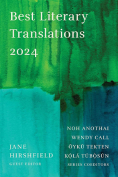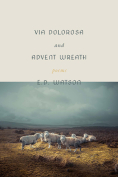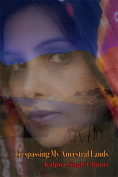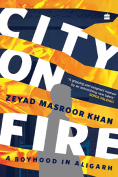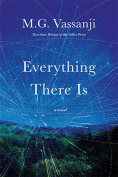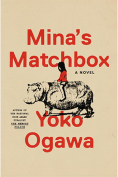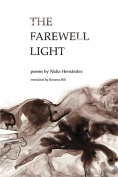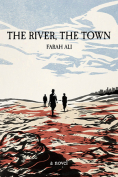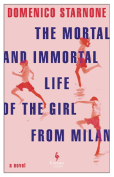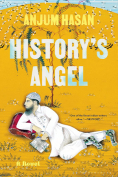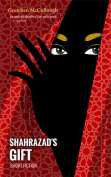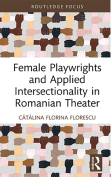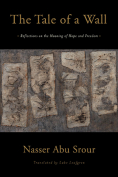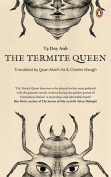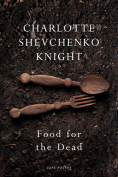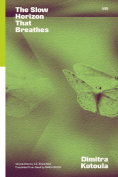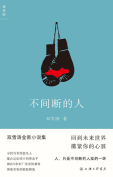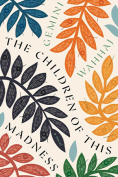The Children of This Madness by Gemini Wahhaj
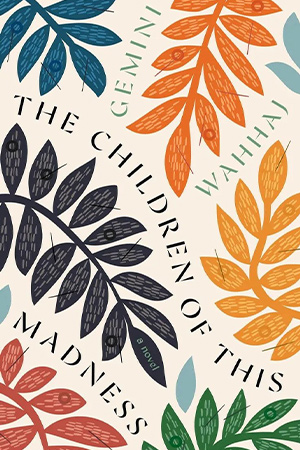 Pasadena, California. 7.13 Books. 2023. 276 pages.
Pasadena, California. 7.13 Books. 2023. 276 pages.
Bangladeshi literature student Beena is frozen in front of the television: it’s 2003 and her adopted country, the US, is again bombing Iraq, where she spent the most idyllic period of her childhood. For her father, Nasir Uddin, however, those years in Iraq were bittersweet. He is a village-boy-turned-engineer who values modernity and the future he hopes it will bring about for his people, only taking those skills abroad when the instability surrounding the 1971 genocide and war for independence made it impossible for him to feed his children at home. Visiting Beena in America, Nasir exhorts his former students in her Bengali diaspora community to give up their properly resourced workplaces and higher salaries to come home. Beena is resentful: although her expertise is in Bengali modernity, her father seemingly sees no role for her in shaping the nation. As Beena watches the end of her childhood replay on screen, Nasir reckons with his legacy.
Although we are introduced to Nasir Uddin’s story through Beena, The Children of This Madness presents her as a character who cannot satisfactorily fulfill a legacy. Traumatized, she barely takes action, ceding agency to the warmer characters who surround her. In a scene from Beena’s early days in the United States, her contribution to a political discussion about climate change and war encapsulates this: “‘I don’t understand,’ she said, not wanting to understand.” By anchoring his story in Beena’s stasis rather than in contemporaneous Bangladesh, Uddin’s agonies over his life’s work feel beside the point. “I’ve thought of something,” he says to Beena, in obvious ill health but unwilling to have her nurse him further. “Perhaps I can start a project in the flat. If I turn the flat into a project office space, then my students can live there and take care of me.”
The book’s language, as here, is consistently neutral and often gently funny. The real strength of the novel lies in this deft, assured structure: its well-developed characters are neither distractions, but nor are they flattened to make space for the book’s ideological preoccupations. Instead, they are written as shaped by violence that ebbs and flows so seasonably that we can understand the novel to be a displaced pastoral; who are we, the novel asks, if the postcolonial world that we strive to put in order is as subject to violence as the village is to wildness?
Rashi Rohatgi
Kristiansand, Norway
